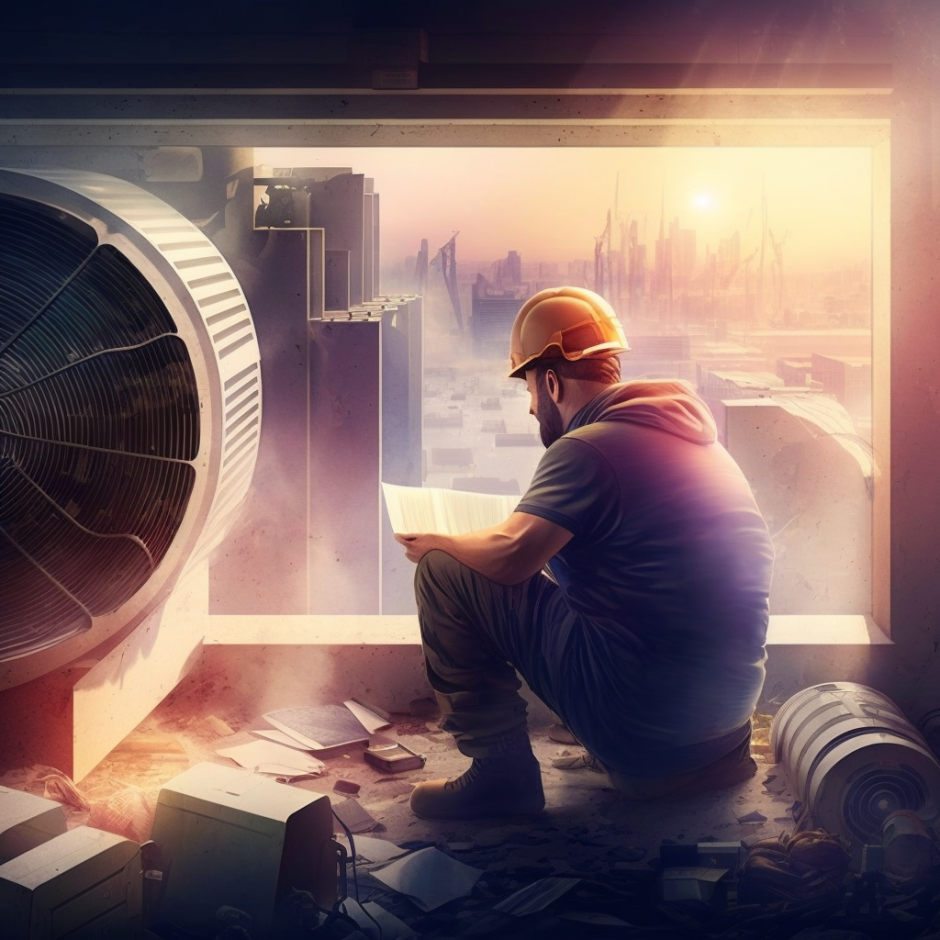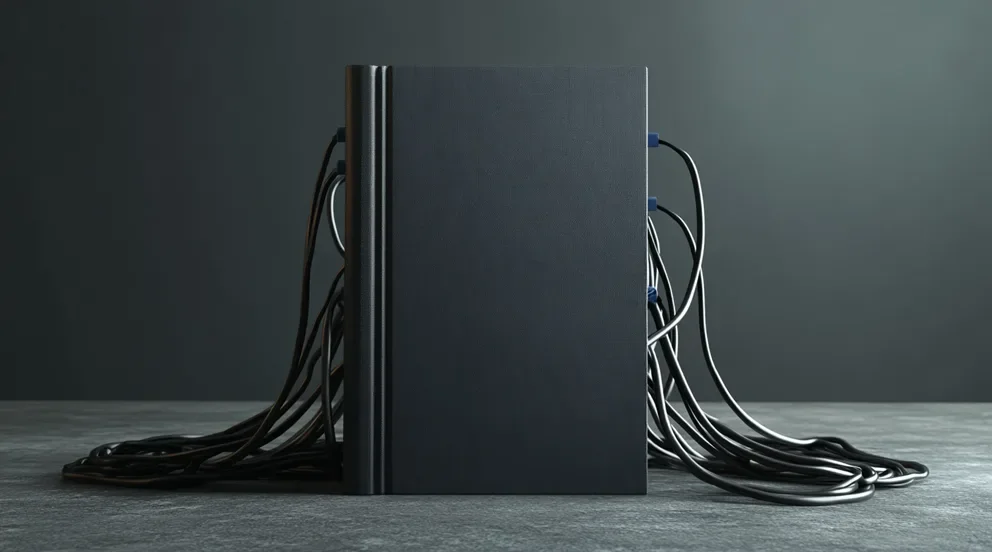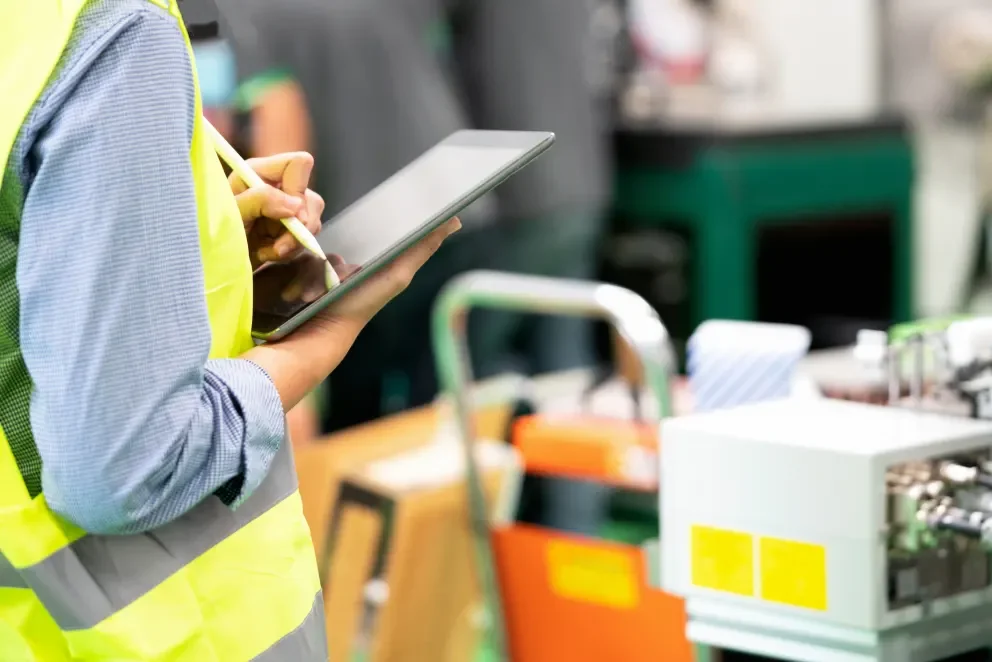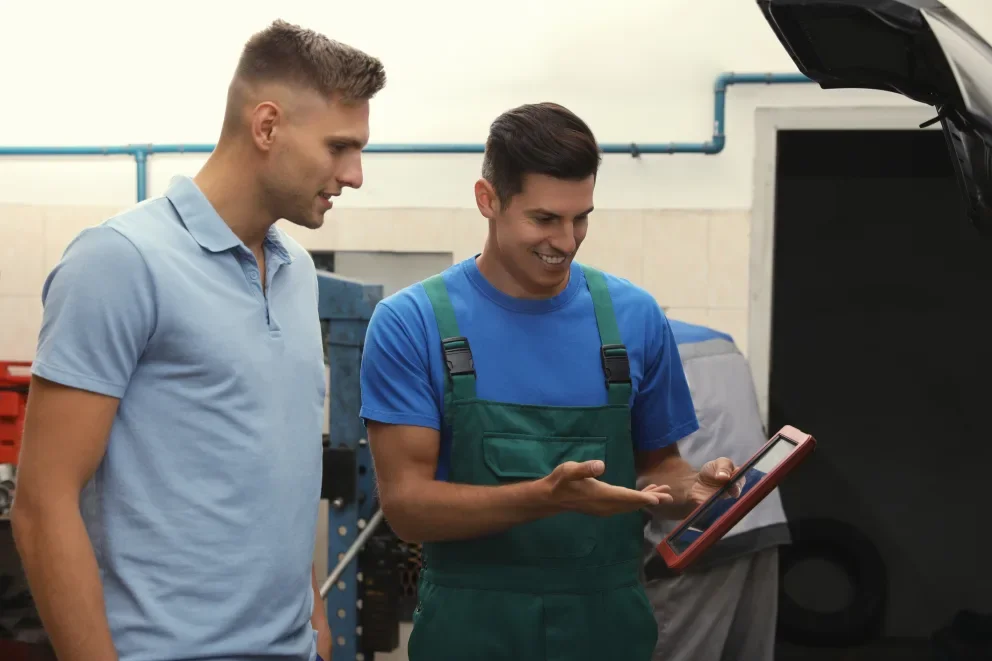What is Heating & Cooling?
Heating and cooling are two essential processes that are critical to the comfort and safety of any home or business. Heating involves the transfer of energy from a source to a space in order to increase its temperature. Cooling involves the transfer of energy from a space to a source in order to reduce its temperature. Both of these processes rely on the power of thermodynamics to move heat energy from one place to another.
Heating is typically accomplished through the use of a furnace, boiler, or heat pump. Furnaces are powered by natural gas or propane and provide a steady, even heat to a space. Boilers use hot water or steam to provide heat. Heat pumps use an electric motor to transfer heat from the outside air into a home or business.
Cooling is typically accomplished through the use of an air conditioner, evaporative cooler, or heat pump. Air conditioners use a refrigerant to cool the air before it is circulated into a space. Evaporative coolers use evaporation to cool the air before being circulated. Heat pumps can also be used for cooling by transferring heat from a space to the outside air.
The efficiency of heating and cooling systems can vary greatly depending on the type of system and the insulation of the home or business. Proper insulation helps to reduce the amount of energy needed to heat or cool a space. Additionally, installing an energy-efficient system can help to reduce energy costs.
In addition to providing comfortable temperatures in a home or business, heating and cooling systems also help to remove harmful airborne particles such as dust and pollen. This helps to improve indoor air quality, which can reduce allergies and other respiratory illnesses.
Finally, heating and cooling systems also help to reduce noise pollution. The sound of a furnace or air conditioner is typically much quieter than the sound of traffic or other outdoor noises.
Heating and cooling are essential for providing comfort and safety in any home or business. By using energy-efficient systems and proper insulation, the efficiency of these systems can be greatly improved. Additionally, these systems can help to reduce noise pollution and improve indoor air quality.
What Heating & Cooling companies do?
Heating and cooling companies provide a variety of services to keep homes and businesses comfortable. These services include installing, repairing, and maintaining HVAC systems, as well as providing energy efficiency advice.
When installing a new HVAC system, a professional heating and cooling company will evaluate the space and select the best system for the job. This includes selecting the correct size and type of system, as well as determining where and how the system will be installed. During the installation process, a professional will also ensure that the system is properly sealed and insulated to maximize energy efficiency.
When repairing or maintaining an HVAC system, a professional heating and cooling company will inspect the system to identify any potential issues. They can then make any necessary repairs or adjustments to ensure the system is running as efficiently and safely as possible.
In addition to installing, repairing, and maintaining HVAC systems, many heating and cooling companies also provide energy efficiency advice. This can include information on how to reduce energy consumption, such as using programmable thermostats and sealing air leaks.
Finally, some heating and cooling companies also offer furnace and air conditioning services, such as cleaning and maintenance. These services can help to ensure that the system is running efficiently and safely.
Heating and cooling companies provide a variety of services to ensure homes and businesses are comfortable and energy efficient. These services include installing, repairing, and maintaining HVAC systems, as well as providing energy efficiency advice. By using a professional heating and cooling company, homeowners and business owners can rest assured that their systems are running efficiently and safely.
What are the different kinds of Heating & Cooling companies?
There are a variety of different kinds of heating and cooling companies available to meet the needs of homeowners and businesses. These include full-service HVAC companies, furnace companies, air conditioning companies, and energy efficiency companies.
Full-service HVAC companies provide a wide range of services, including installation, repair, and maintenance of HVAC systems. These companies can also provide energy efficiency advice and help to identify problems before they become major issues.
Furnace companies specialize in the installation, repair, and maintenance of furnaces. They can also provide energy efficiency advice and help homeowners and businesses make their systems as efficient as possible.
Air conditioning companies specialize in the installation, repair, and maintenance of air conditioners. They can also provide energy efficiency advice and help to identify potential problems before they become major issues.
Energy efficiency companies provide advice on how to make HVAC systems more efficient. They can provide information on how to reduce energy consumption, such as using programmable thermostats and sealing air leaks.
There are a variety of different kinds of heating and cooling companies available to meet the needs of homeowners and businesses. Each type of company specializes in different aspects of heating and cooling, and can provide valuable advice and services to ensure a home or business is as comfortable and energy efficient as possible.
What are the top trends surrounding commercial heating & cooling companies today?
Today, there are a number of trends that are shaping the way commercial heating and cooling companies operate. These include the use of energy efficient systems, smart thermostats, and the adoption of green technology.
Energy efficient systems are becoming increasingly popular among commercial heating and cooling companies. These systems use less energy to heat and cool a space, which can help to reduce energy costs. Additionally, many of these systems are designed to be more efficient than traditional systems.
Smart thermostats are also becoming popular among commercial heating and cooling companies. These thermostats allow users to control their system remotely, as well as set schedules and optimize energy use. This can help to reduce energy consumption and save money.
Finally, many commercial heating and cooling companies are adopting green technology. This includes the use of solar energy, geothermal energy, and other renewable sources of energy. These sources of energy are more sustainable and can help to reduce emissions and environmental impact.
Overall, the top trends surrounding commercial heating and cooling companies today involve the use of energy efficient systems, smart thermostats, and the adoption of green technology. By embracing these trends, commercial heating and cooling companies can provide more efficient and sustainable services.
What are the areas where commercial heating & cooling companies gain the most revenue today?
Today, commercial heating and cooling companies generate the majority of their revenue from installation, repair, and maintenance services. Additionally, many companies also generate revenue from energy efficiency services, such as providing advice on how to reduce energy consumption and making recommendations for more efficient systems.
Installation services are typically the most lucrative for commercial heating and cooling companies. This is because these services involve installing new systems, as well as replacing existing systems. Installation services also typically require more labor and materials than other services, which can increase the cost.
Repair services are also an important source of revenue for commercial heating and cooling companies. These services involve diagnosing and repairing existing systems. This can include replacing parts, such as filters, or adjusting settings to improve efficiency.
Maintenance services are also a key source of revenue for commercial heating and cooling companies. These services involve regularly inspecting and servicing systems to ensure they are running efficiently and safely. This can include cleaning and changing filters, as well as making adjustments to improve efficiency.
Finally, energy efficiency services are becoming increasingly popular among commercial heating and cooling companies. This includes providing advice on how to reduce energy consumption, as well as making recommendations for more efficient systems.
Overall, commercial heating and cooling companies generate the majority of their revenue from installation, repair, and maintenance services. Additionally, many companies are also beginning to generate revenue from energy efficiency services.
What are the potential risks of running commercial heating and cooling company?
There are a number of potential risks associated with running a commercial heating and cooling company. These include financial risks, liability risks, and safety risks.
Financial risks can arise due to the cost associated with running a commercial heating and cooling company. These costs can include purchasing and maintaining equipment, hiring and training staff, and purchasing materials. Additionally, there is always the risk of losing customers or not being able to generate enough revenue to cover costs.
Liability risks can also arise due to mistakes made while installing, repairing, or maintaining a system. If a customer experiences a problem due to a mistake made by the heating and cooling company, they may be able to sue for damages.
Finally, safety risks are also present when running a commercial heating and cooling company. This is because working with HVAC systems can be dangerous, and even small mistakes can have serious consequences.
Overall, there are a number of potential risks associated with running a commercial heating and cooling company. These include financial risks, liability risks, and safety risks. By understanding these risks and taking steps to mitigate them, heating and cooling companies can ensure their business is successful and safe.



